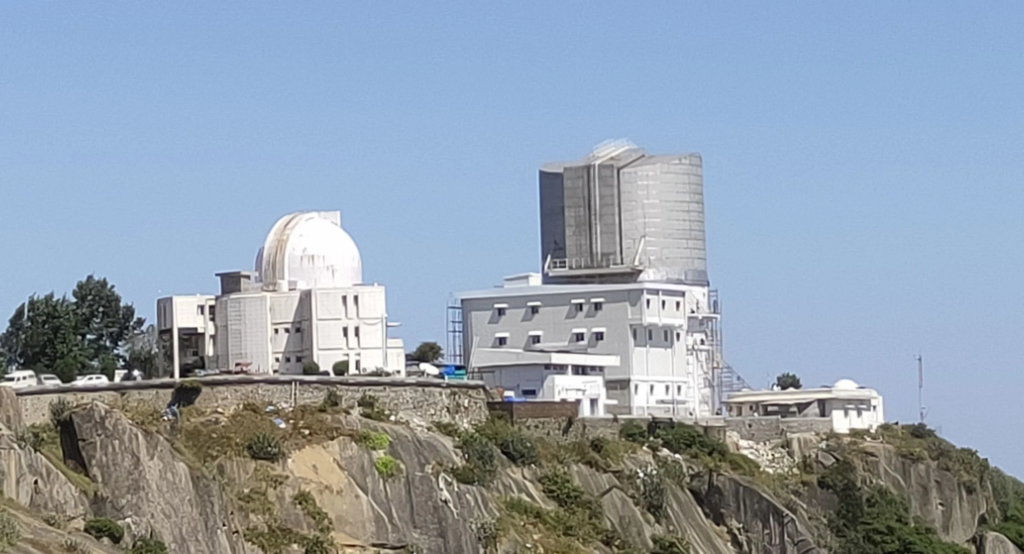
NASA Asteroid Discovery Project: Daksh Malik, a 14-year-old student from Noida, identified an asteroid through NASA’s International Asteroid Discovery Project (IADP). This discovery gave him a chance to name the asteroid after its verification by NASA, a process that may take up to five years. Daksh Malik, a Class 9 student at Shiv Nadar School, has talked about his interest in space and said that he loves to watch documentaries about planets and the solar system.
Participation In NASA Asteroid Discovery Project
As per the reports, Malik’s participation in the IADP under the International Astronomical Search Collaboration (IASC) allowed him to analyse datasets from NASA. This initiative engages thousands of students worldwide and encourages participants to track potential celestial objects. With the help of specialised software, Daksh and his schoolmates first identified preliminary asteroid candidates, one of which was later confirmed as a provisional asteroid in the main belt between Mars and Jupiter.
The Whole Journey To The Discovery
According to the reports, Malik spent over a year observing datasets and tracking moving objects to identify the asteroids. The software that is used here requires precision in identifying objects with specific brightness levels and movement patterns. He described that his school’s resources, including a well-equipped observatory, were instrumental in his success, providing enough opportunities for practical learning.

Plans For Naming The Asteroid
After verification, the asteroid, currently named “2023 OG40,” will be permanently named by Malik. Joking about potential names, he suggested some names like “Destroyer of the World” or “Countdown.” Despite this achievement in the astronomical line, Malik has expressed a stronger interest in pursuing a career in law rather than astronomy, according to his mother, Sappna Kapur.
There is a significant level of participation in the IDAP, but only a few students have achieved a discovery like Malik. Malik’s achievement highlights the impact of hands-on education and opportunities for young brains in scientific research.
Follow Techsgyaan to get more science-related news.


